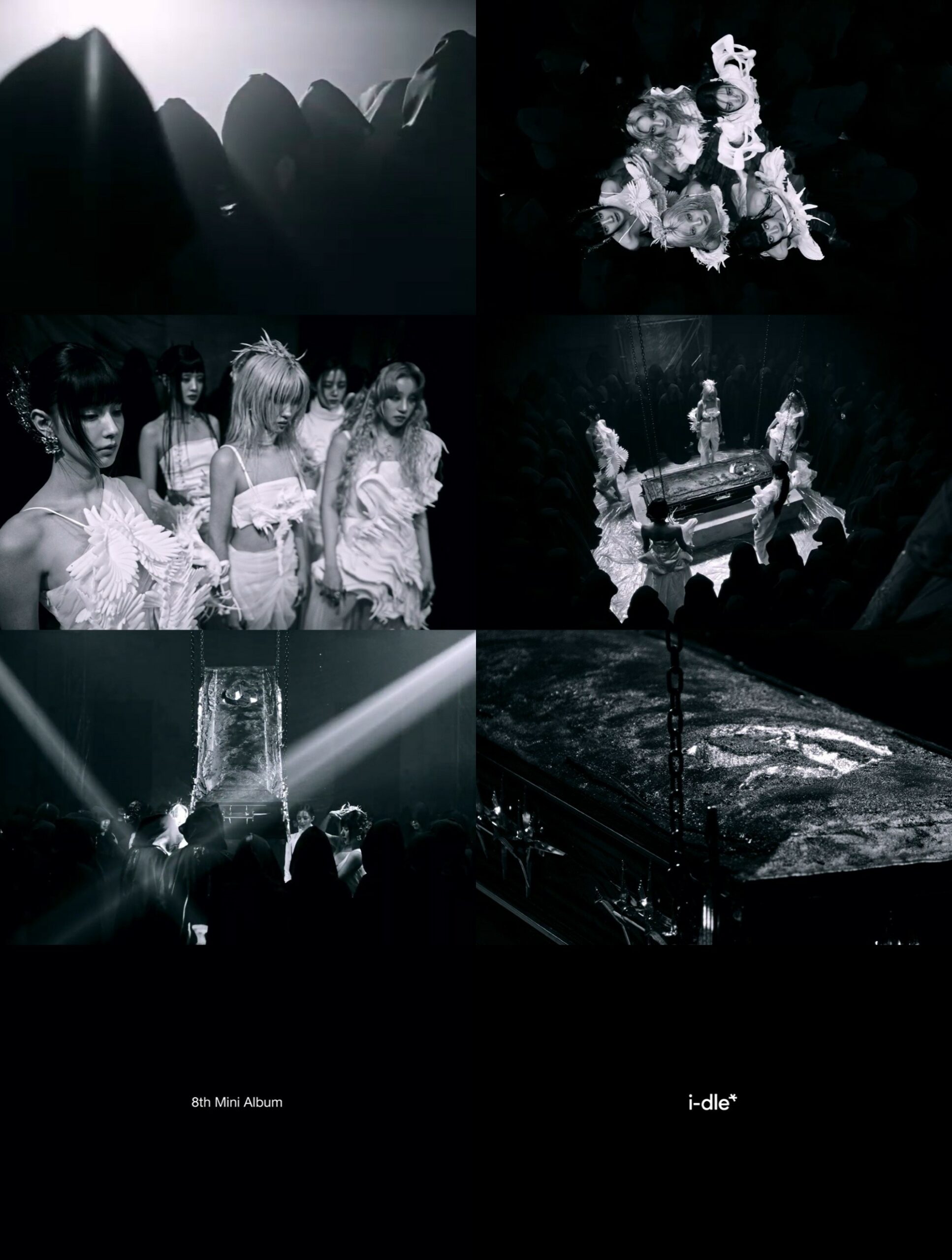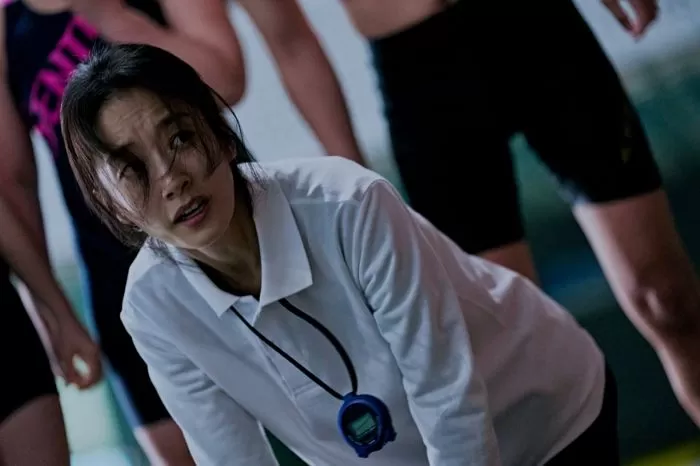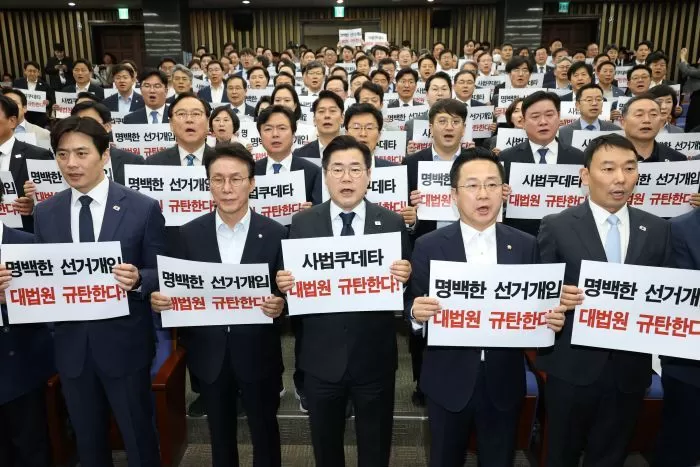Seoul High Court's retrial judgment leads back to the Supreme Court 'again'
The case of Lee Jae-myung, the Democratic Party's presidential candidate, regarding violations of the Public Official Election Act still has at least two more legal judgments to be finalized.
This is because the procedure must follow with the Seoul High Court's retrial and then the Supreme Court's review.
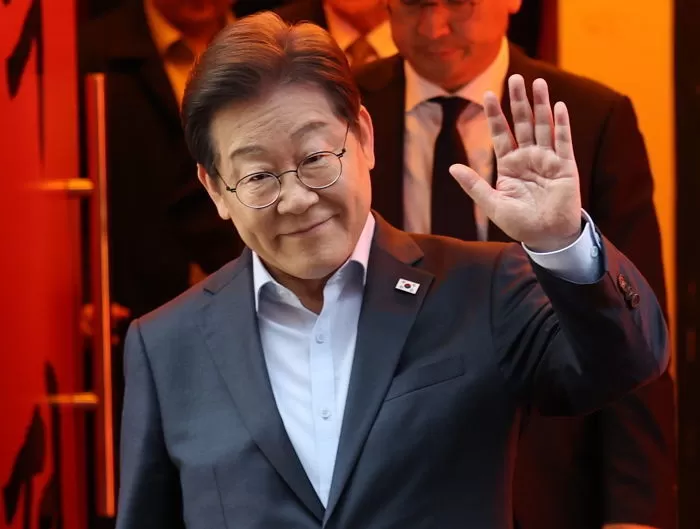
Some predict that it would be difficult to reach a finalized judgment before the presidential election on June 3. However, since the Supreme Court made an unusually swift judgment during the appeal, there are also cautious views suggesting "we should not presume the outcome."
The 6th Criminal Division that handled the appeal is excluded from the retrial
According to legal circles on the 1st, after the Supreme Court sends the case records to the Seoul High Court, the formal retrial procedures will begin. The case will typically be assigned to a different division rather than the existing trial, and the 6th Criminal Division, which handled the appeal, will be excluded from this assignment.
Due to the court's distribution of administrative work, it is highly likely that the 7th Criminal Division (presided over by Lee Jae-gwon) will take over the case.
The court will set a date for the hearing and notify the parties to attend; if the notice is not properly delivered, the schedule will be arranged again. Since the Supreme Court sent the case back with a guilty finding, the Seoul High Court is expected to focus more on sentencing rather than reevaluating the facts of the case.
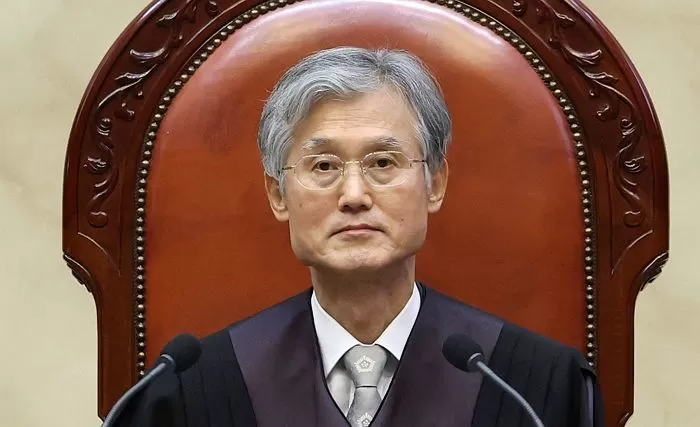
High likelihood of further appeal… 'Delay strategy' may be replicated
Even if the Seoul High Court issues a retrial judgment, there is a high possibility that Lee's side will appeal to the Supreme Court again. In this case, additional time will be required before a final judgment, making it virtually impossible to reach a conclusion before the presidential election.
Lee has been suspected of employing a 'delay strategy' in previous trials.
In fact, the first trial of this case took 2 years and 2 months due to fierce arguments between the prosecution and the defense, case consolidations, and witness requests. This was contrary to the regulation of a verdict within 6 months set by the election law. In contrast, the appeal process took about 4 months, and the Supreme Court made a decision just over a month after the second instance ruling.
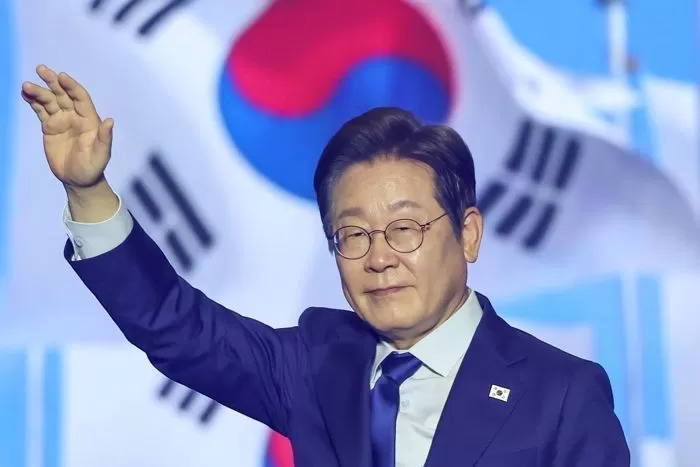
Given that the pace of proceedings varied at each judicial level, the prevailing analysis is that it is difficult to predict future schedules.
Referencing U.S. Supreme Court precedent… Constitutional Article 84 interpretation omitted
Immediately after the ruling, the Supreme Court unusually introduced foreign precedents in a press release, citing the chaotic recount in Florida during the 2000 U.S. presidential election between George W. Bush and Al Gore as an example, stating, "The U.S. Supreme Court ended the political turmoil early by issuing a stop order after just 3-4 days of recounting."
However, that issue is unrelated to this case, and it seems hard to avoid criticism, given that the U.S. operates under 'common law' while South Korea has a 'civil law' system.
No mention of issues that may become controversial after the presidential election

Meanwhile, regarding this ruling, there had been expectations that the Supreme Court would offer a legal interpretation of Article 84 of the Constitution, which states, "The President shall not be prosecuted for criminal charges during their term, except in cases of insurrection or foreign aggression," but the Supreme Court concluded its judgment without any such mention.
Some in the legal community speculate that Lee's side might file for a dispute adjudication in the Constitutional Court in the future. As this case blends political fallout with legal issues just over a month before the election, attention is focused on what conclusion it may lead to.
Image source: Lee Jae-myung, the Democratic Party's presidential candidate, greets attendees with a hand wave after a meeting with non-standard workers, such as delivery riders and courier drivers, on the theme "Making Your Day, the Invisible Heroes," at a local eatery in Jongno, Seoul, on May 1. (Joint coverage) 2025.5.1/News1, Chief Justice Jo Hee-dae / News1, Candidate Lee Jae-myung / News1, Citizens watching a live broadcast of the Supreme Court ruling on Lee Jae-myung's violation of the Public Official Election Act at Seoul Station Hall on the afternoon of May 1. The Supreme Court sent Lee's case back with a guilty finding. 2025.5.1/News1
